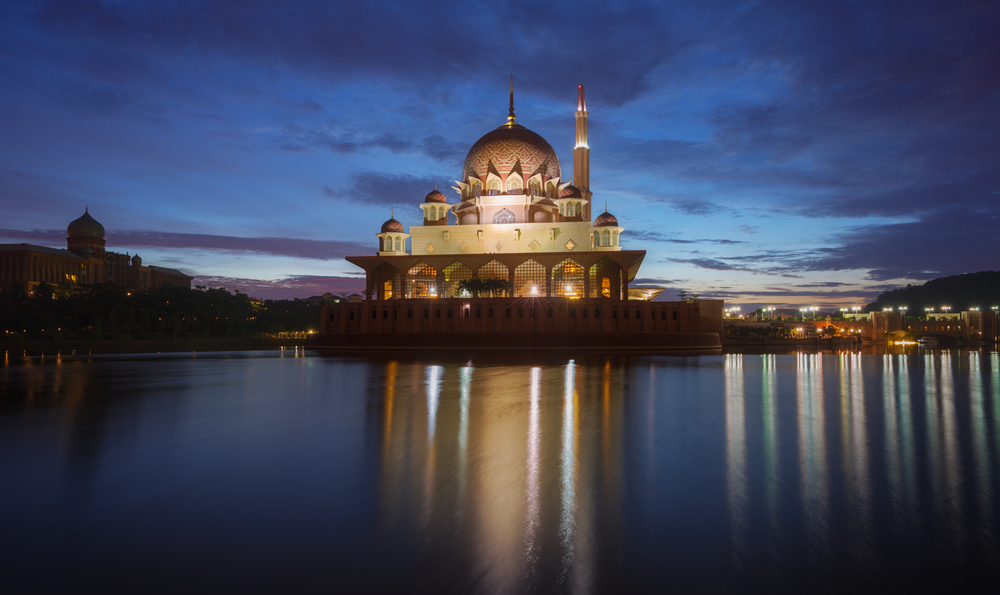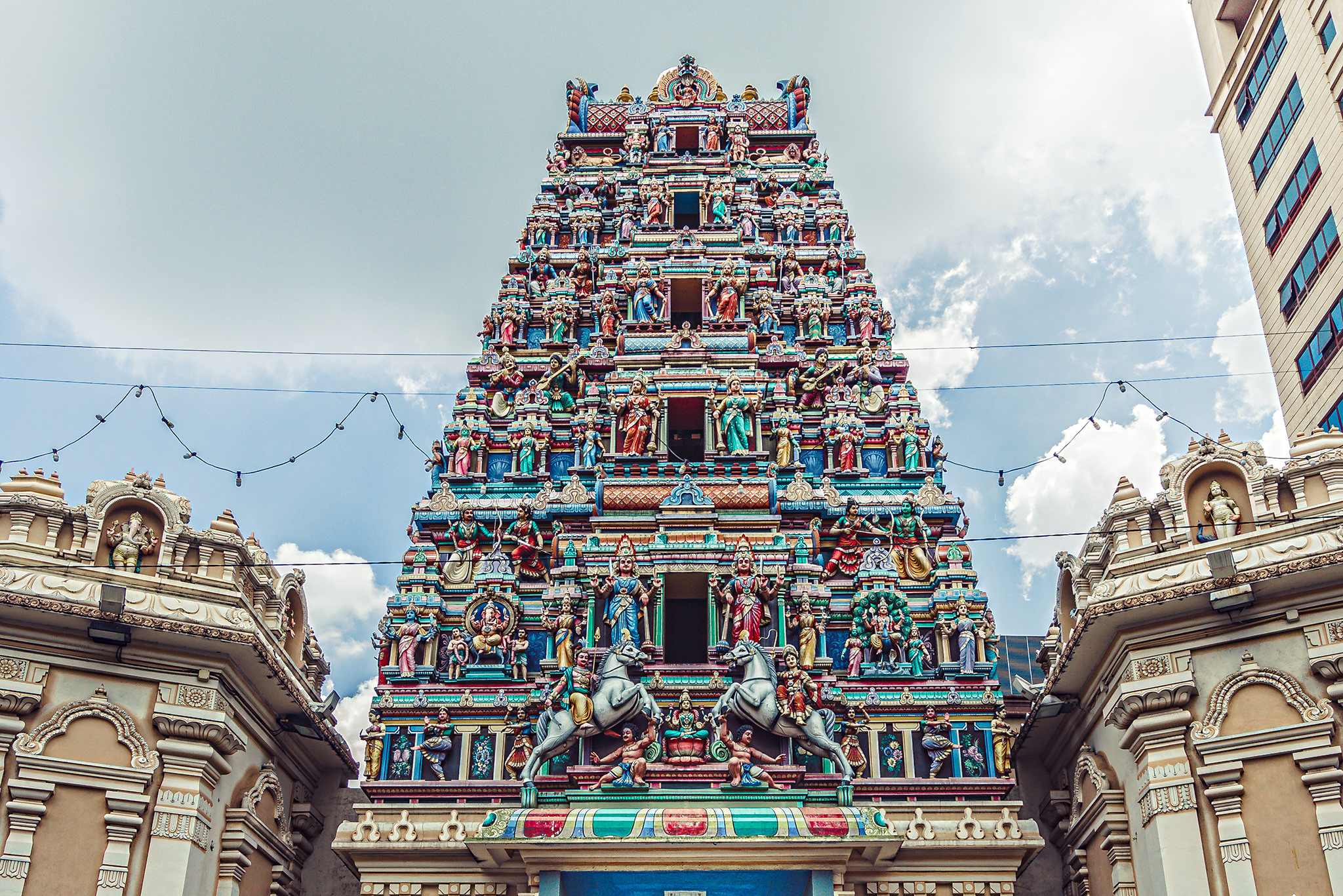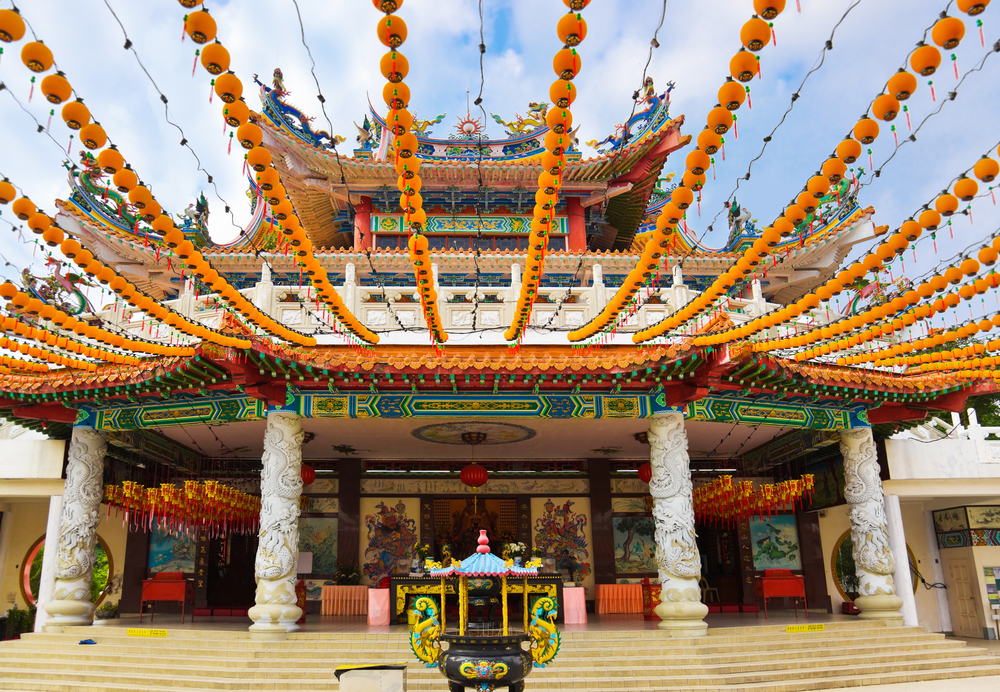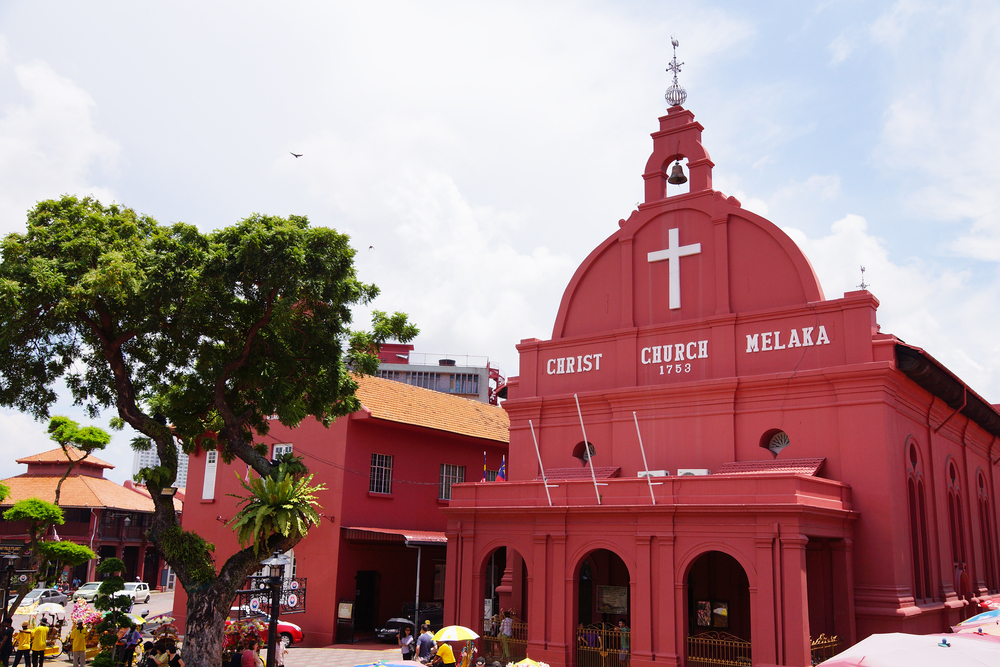Andy Davison, TEG‘s publisher, pens his thoughts and concerns about the current state of affairs in Malaysia regarding religion, specifically the increase in fundamentalist ‘Islamisation’ in the country.

In the last year, we have heard an increasing number of expats, including senior members of the diplomatic corps, tell us that they have real concerns about the increasing Islamisation of Malaysia. By this, they mean the increasing influence of more extreme religious elements and the apparent reluctance of the government to make clear their opposition to any such shifts.
Many Malaysians have also expressed their concerns about this trend, including Malays. The G25 group is one such group. They were formed by some influential Malays, mostly former government officials, who support moderation and are concerned that Malaysia is ceasing to be a moderate Islamic country which respects all religions and their right to freedom of expression and worship.
The vast majority of expats of course believe that certain punishments like public executions, burning at the stake, stretching on the rack, and stoning people to death have no place in today’s world. However, there are still some Muslims who believe traditional Islamic punishment like amputations and stoning are an integral and necessary part of practising their religion.

The attempts by the opposition party, PAS, to introduce these punishments in Malaysia caused some alarm among Malaysians of all faiths. Expats told us they were hoping for a clear message from the government that, as a moderate Islamic country, the government would never permit these extreme forms of punishment in Malaysia, however that did not happen.
The recent attempt by the ruling party, UMNO, to form some kind of alliance with PAS had plenty of people worried that allowing them to proceed with these extreme punishments might become part of the deal.
Some non-Muslims are starting to feel their voices are not being heard. Many expats expressed concern about the decision of the Malaysian Court of Appeals not to become involved in a Hindu mother’s request to have her children’s conversion to Islam overturned. Clearly she will have no chance of success with the Shariah courts so it seems, as a non-Muslim, she has nowhere to turn in Malaysia.

In 2013, Malaysia’s highest court upheld the lower court’s decision to ban non-Muslims from using the word ‘Allah’ for ‘God’, despite the fact that they had been doing so for many years without any major problems being identified.
Similarly, in the last few years there seems to have been an increase in comments by Muslim religious leaders complaining about activities which have long been considered acceptable in Malaysia, like Malay stewardesses serving alcohol on MAS flights and the “revealing” attire worn by Malay sportsmen and women.
We continue to hear growing concern among long-term expats that the moderate Malaysia they have come to love is slowly becoming less moderate, and that more extremist Muslims are trying to enforce their beliefs and create a divide between Muslims and non-Muslims. This is totally against the ‘One Malaysia’ slogan which the current government introduced and which many expats say they hear less often these days.

Expats have no say in any of this and will obviously accept whatever the government finally decides in these matters if they wish to live here, but it seems clear that some of the goals set out in the Government Transformation Programme are less likely to be achieved if this shift towards a more fundamentalist interpretation of Islam continues. We already hear some resident Malaysia My Second Homers talking about looking for other countries to live, and there is no doubt increasing Islamisation can negatively impact foreign investment.
We have been actively promoting Malaysia, at various levels, to expats and the international community for 20 years and this is the first time we have felt concerned by such developments. We very much hope the government will clarify that it will not permit this shift towards more fundamentalist thinking to take place.
This article was originally published in The Expat Magazine (February 2016) which is available online or in print via a free subscription.
"ExpatGo welcomes and encourages comments, input, and divergent opinions. However, we kindly request that you use suitable language in your comments, and refrain from any sort of personal attack, hate speech, or disparaging rhetoric. Comments not in line with this are subject to removal from the site. "























Disturbing